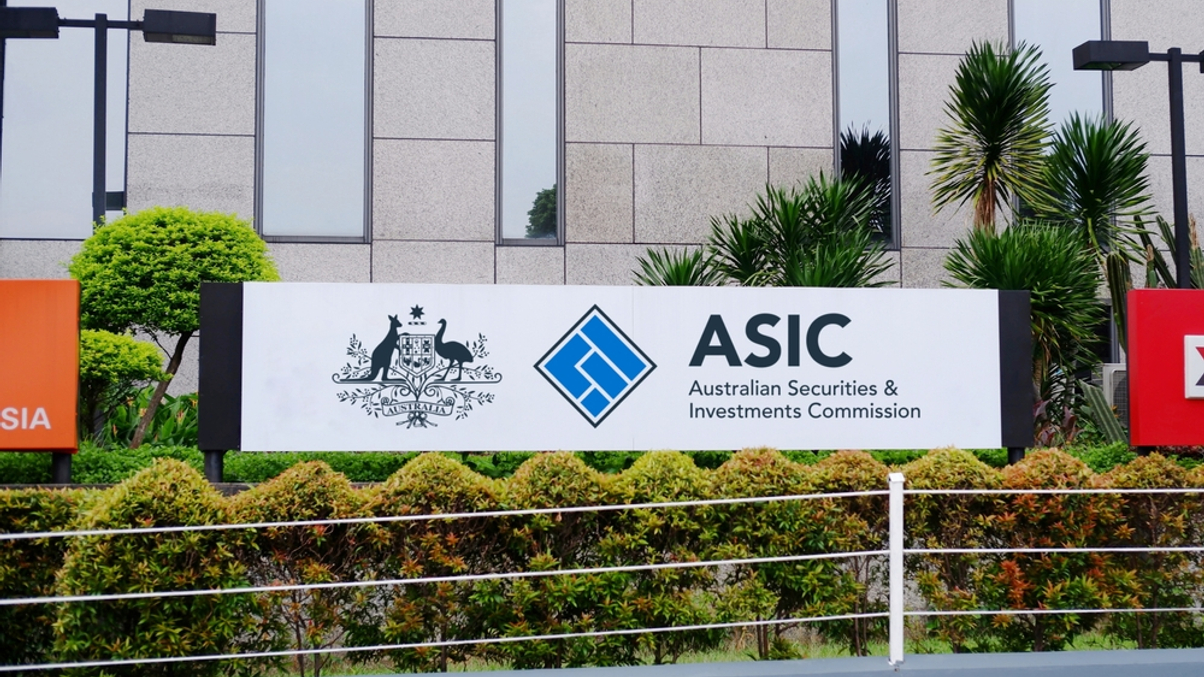Opinion: Is Australia's intensifying scrutiny of private markets justified?
The Australian Securities and Investments Commission's decision to ramp up scrutiny of private markets has sparked debate, raising questions about whether increased oversight is necessary.

There is growing debate in the financial industry about the Australian Securities and Investments Commission (ASIC) decision to establish a specialised unit to intensify scrutiny of private markets.
Sign in to read on!
Registered users get 2 free articles in 30 days.
Subscribers have full unlimited access to AsianInvestor
Not signed up? New users get 2 free articles per month, plus a 7-day unlimited free trial.
¬ Haymarket Media Limited. All rights reserved.


